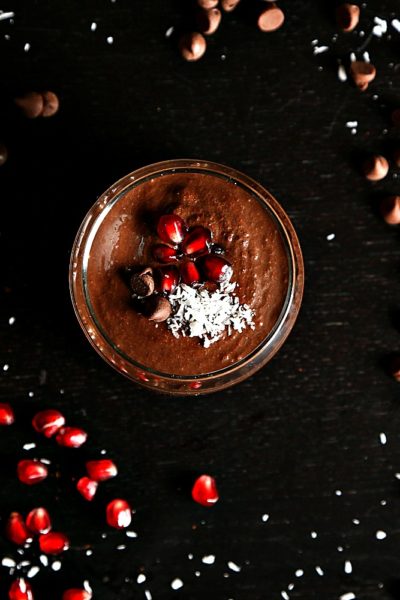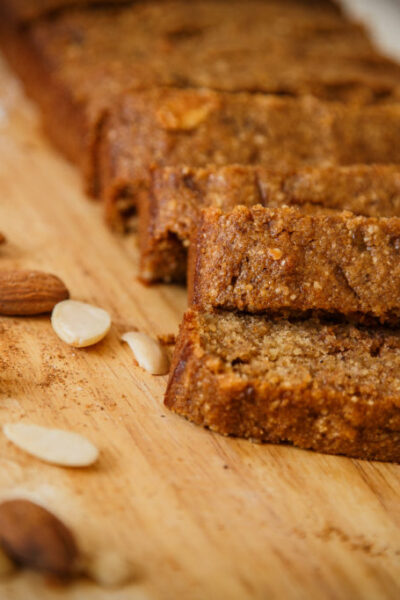Last post was all about whole grains. Today I want to discuss, and debunk a trending myth ” Whole grains are bad for you”. Its all over the web, you can find tons of recipes for “grain free” breads, pizzas, and even cakes. So why some health advocates (famous ones) give us warnings? lets start:

Let’s debunk this myth :
There are some reasons, I will discus the most arguable ones:
Gluten
Many whole grains like wheat, and its derivatives like spelt, bulgur, and freekeh have gluten. But having gluten is not a bad thing in itself. Yes some people have celiac disease, and they can’t tolerate gluten. Others have gluten sensitivity.But that does not mean the gluten is a bad component. My take is having gluten in the grain is not enough reason to ditch it. Some grains does not have gluten like farro, amaranth, buckwheat, oatmeal. Therefore you can still avoid gluten (if you desire), and eat whole grains.
Glycemic index value
Most of the antagonists of whole grains, are arguing that bread has high glycemic index (GI) value, therefore we should avoid it. GI according to Nutrition data means “numerical Index that ranks carbohydrates based on their rate of glycemic response” so higher values given to foods that cause the most rapid rise in blood sugar.So to avoid sugar spike and to have better control of blood sugar level, we should aim to eat food with lower GI values. But then they (antagonists) just jumped to the conclusion that we should follow gluten free diet. But guess what? “Gluten free bread” has high GI value too! The point is they claimed that whole grains gives you a sugar spike! Some grains like barely, bulgur, and oat, have low to medium GI which is like any other food outside the whole grains group. In case of whole wheat which has high GI value, its better to accompany the bread with some protein, or veggies (not sugar)! it won’t makes you hungry, especially most of them have good amounts of fiber to fell you up!
Phytates
Again the problem with the antagonists, that they took things “out of context” like mentioning phytates continuously. Yes phytates may affect the absorption of minerals, but guess what? Phytates does exist in nuts, and in super food like Kale. In this study they conclude that Phytates role on minerals deficiency, can counteract by adding sufficient amounts of vitamin c (ascorbic acid).
Addiction
There are some theories about the possibility of wheat addiction that makes the body crave eating wheat just in way like the opiates do, as still no scientific proof of that, here I I strongly recommend reading this review by Dr.Yoni freedhoff reviewing a famous book ” the wheat belly” which has a section of wheat addiction.
Final words:
“Half knowledge is worse than ignorance” – Unknown-.
Think every food group has cons and pros, but why neglecting the good thing? We can get good fiber from whole grain. Other people say in this point specifically, that we eat too much fiber, and its true, because mostly what we eat is the added fiber, not fibers comes from real food. And from my personal experience, whole grains especially oatmeal, helped me a lot to reduce my cholesterol level.
Other factor in favor of whole grains, is cost, whole grains are staples in most countries, and been for the U.S too. We can’t just live on meat, fruits and vegetables, won’t be so great for the environment, and sustainability. Whole grains are easier to store, and do not loose the nutrition value by time like fruits and vegetables.
I spent a lot of time reading about what really can make whole grains, and wheat bad for the body. And I mentioned most of the argument points in the last post, but what really makes me frustrated, that the antagonists are referencing the same people, and these MDs and others do not strengthen their opinions with real science.
So be a prat of ditching this myth, and keep eating the good whole grains!
For Further Reading:
This article explains why should not be against grains and eat them moderately
This article by Tracy Cherry, RD, CDN suggests that eating complex carbohydrates can improve women fertility.
So what is your take on whole grains?





